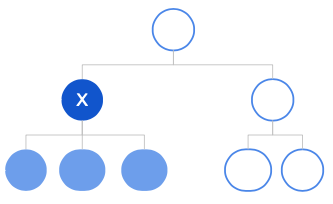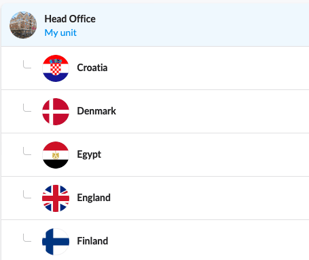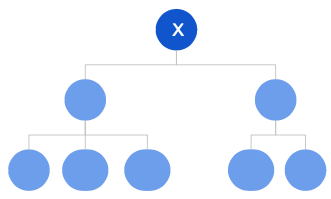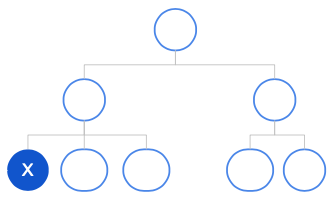Understanding permissions and how to empower your local managers
Ziik is build to connect, engage and empower your local managers. Here is what you need to know.
Topics in this article
Permissions are defined by two factors
How permissions work in practise
Permissions are defined by two factors
What users can do on your platform is determined by two settings on each user profile:
- The Role(s) assigned to the user
- The Unit(s) assigned to the user

1. Role-based permissions
For practical reasons permissions are defined on a role basis. In Ziik we use the term Role for role based permissions. You cannot create Users in Ziik without assigning them a Role.
Example of Roles:
- Managers
- Employees
- Part-time Employees
- Sub-contractors

Only Users with Admin permission can create and manage Roles.
2. Unit-based permissions
In Ziik you will create your own organizational structure using Units, which can be very simple or more advanced, depending on your company's organizational chart. You cannot create Users in Ziik without placing them in the right unit of your organization.
Users will be empowered with the permissions defined by their Role from their location in your organization. You can think of the unit-based permissions as following a waterfall logic, where users' role-permissions are valid for their own unit and sub-units. Read along and we will explain that in detail.

How permissions work in practise
Users will be empowered with the permissions defined by their Role from their location in your organization.

Here are some examples :
Users in Top Unit
Users with permission to can share information with the entire organisation or selected parts of the organisation.

Users in a Branch Head
Users with permissions can share information in their own unit and all units directly blow.

Ex.: Users in Local Unit
For users in local units without sub units, granted permissions are valid only in their own unit.
